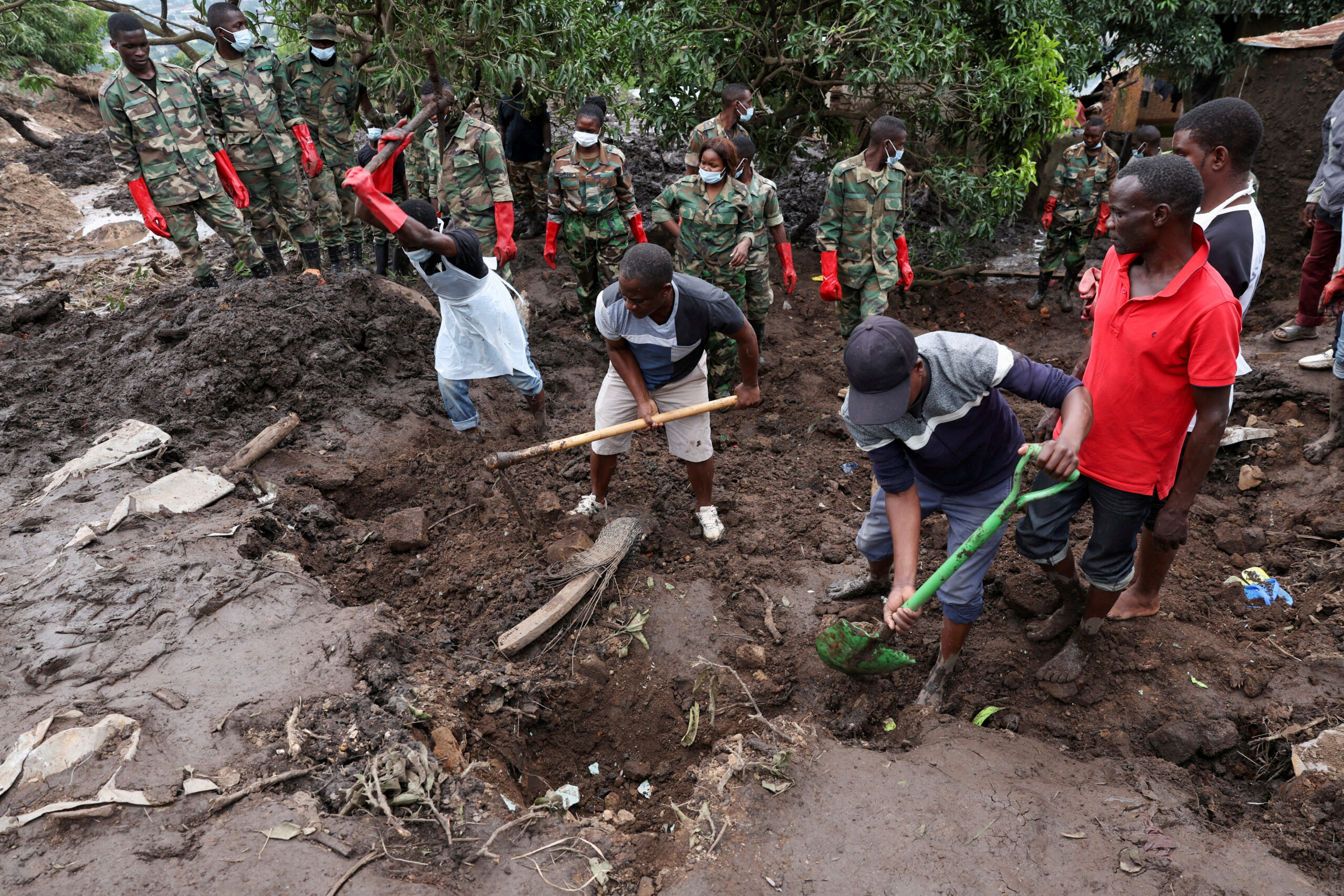CAPE TOWN (Reuters) – Malawi on Monday kicked off a mass vaccination drive to inoculate more than 9 million children against several life-threatening diseases, as it seeks to prevent a health crisis after deadly Cyclone Freddy.
The cyclone killed more than 1,000 people in the southern African country, according to Malawi’s president. It was one of the deadliest storms to hit Africa in recent memory, ripping through Malawi, Mozambique and Madagascar in late February and March.

The one-week nationwide vaccination drive will target children up to the age of 15 and deliver vaccines against typhoid fever, measles, rubella and polio, said partners including the World Health Organization, UNICEF, and global vaccine alliance GAVI.
Read More: Cyclone Freddy kills 99 more in Malawi
Children will also be offered a vitamin A supplement, the agencies said in a joint statement, adding that immediately after the campaign the typhoid vaccine will become routinely available in the country for babies at health centres.
The campaign had already been planned before the storm, but is especially critical in its aftermath since destruction and displacement can increase the risk of diseases, they said.

“Malawi has demonstrated remarkable resilience in the aftermath of a devastating cyclone,” said Thabani Maphosa, managing director of country programme delivery at GAVI, in a statement.
Read More: Latest food insecurity report paints a gloomy picture of Southern Africa
“Not only is it introducing a new vaccine, which is never an easy task, it becomes one of the first countries in the world to make the lifesaving typhoid conjugate vaccine routinely available to children,” he added.
Typhoid Fever, caused by a bacteria, is usually spread by ingesting contaminated food or water and can be fatal. Natural disasters and displacement increase the risk of typhoid outbreaks, said health officials, especially in a country such as Malawi that has endemic typhoid transmission.
“This is a significant step for Malawi,” said Matshidiso Moeti, WHO regional director for Africa.


